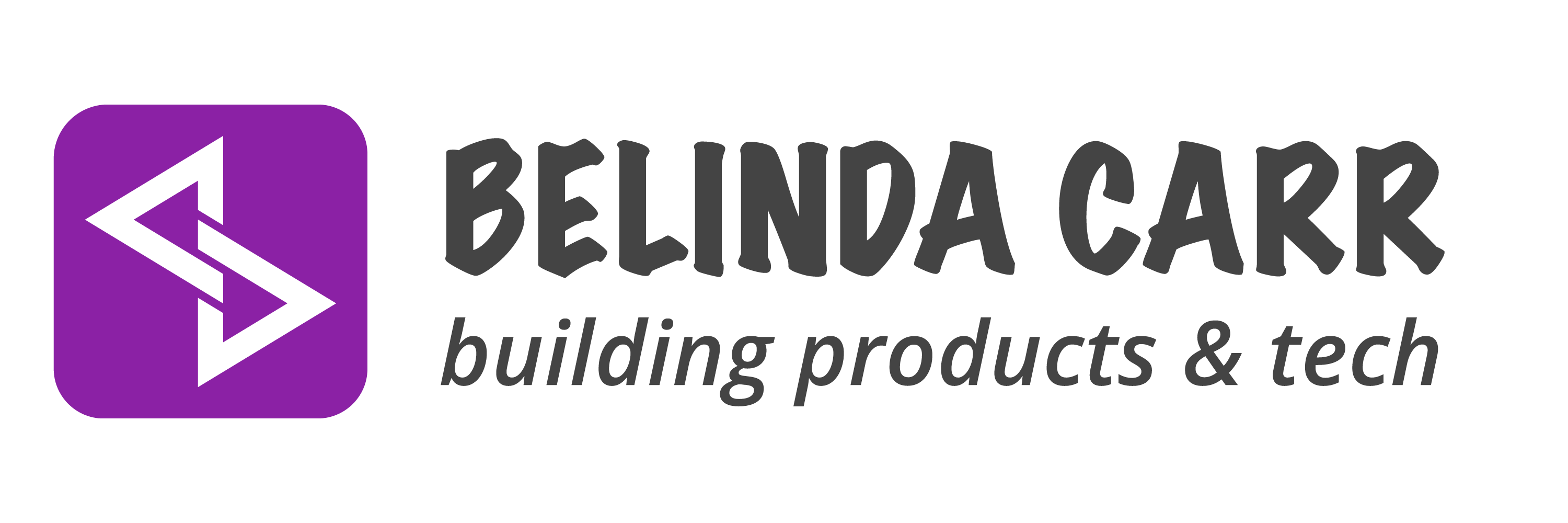Insulated Concrete Forms or ICF blocks are modular, interlocking units made of foam with plastic ties embedded in it. These units are dry-stacked, without mortar, and filled with concrete in the middle. I recently visited a Foam Fabricators plant here in Dallas which produces Insulated Concrete Forms for Fox Blocks.
Three main stages of ICF block production:
Stage 1: Creation of Polystyrene
The process begins with the creation of polystyrene, a key component of ICF blocks. Benzene C6H6 reacts with ethylene C2H4, catalyzed by aluminum chloride, to form the monomer styrene C8H8. Under heat or an initiator like benzoyl peroxide, the double bond between carbon atoms converts into a single bond, forming a polymer chain known as polystyrene. This liquid polystyrene is suspended in water, resulting in tiny, hard beads.
Stage 2: Pre-expansion
The polystyrene beads, also called “sugar” or “salt,” are pre-expanded in a sealed vessel with steam. Around 80% of the pentane trapped inside the beads is replaced with air, leading to significant expansion and reduced density. After pre-expansion, the beads cool and harden in storage bags for 24 hours. Quality checks ensure that their density and performance meet rigorous standards.
Stage 3: Final Expansion and Creation of Blocks
In the final stage, black polypropylene plastic webs are manually placed on a metal mold, bridging two panels together and providing attachment points for bracing and finishes. Pre-expanded EPS beads are poured around these plastic webs. Steam is then pumped into the mold, rapidly expanding the beads, expelling any remaining pentane, and bonding them together. The finished EPS blocks emerge from the machine, ready for use in construction.
Recycling in the Manufacturing Process
ICF block production incorporates recycling processes to minimize environmental impact:
- Pentane Recycling: The pentane removed during the bead expansion process is collected and burned to generate steam, essential for expanding subsequent batches of beads.
- Water Filtration and Recycling: After steam cools down, condensed water undergoes filtration to remove impurities before recycling and converting back into steam for future bead expansion.
- Recycling Drop-off Box: The Foam Fabricators plant hosts a recycling drop-off box where the public and other companies can leave EPS scraps. These scraps are densified, compressed, and sent back to the raw materials supplier to be melted down, creating pellets to reintroduce pentane and start the cycle anew.
Environmental Perspective
While Expanded Polystyrene (EPS) has faced criticism for its environmental impact, the manufacturing plant’s commitment to recycling and sustainability is evident. EPS recycling networks and biodegradable EPS products exist, contributing to a more eco-friendly approach to EPS use.
Conclusion
This factory tour has provided a comprehensive insight into the production of Insulated Concrete Forms (ICF) blocks, from polystyrene creation to final block assembly. The Foam Fabricators’ dedication to recycling and product quality is commendable, showcasing the potential for responsible and environmentally conscious construction practices.
Stay tuned for our upcoming video, where we’ll dive deeper into Fox Blocks, ICF construction, and explore the advantages and disadvantages of this innovative construction method. We hope you enjoyed this tour, and we welcome your feedback and suggestions for other construction-related topics you’d like us to cover. Don’t forget to like this video and subscribe to our channel for more engaging content. Thank you for joining us, and see you soon!




